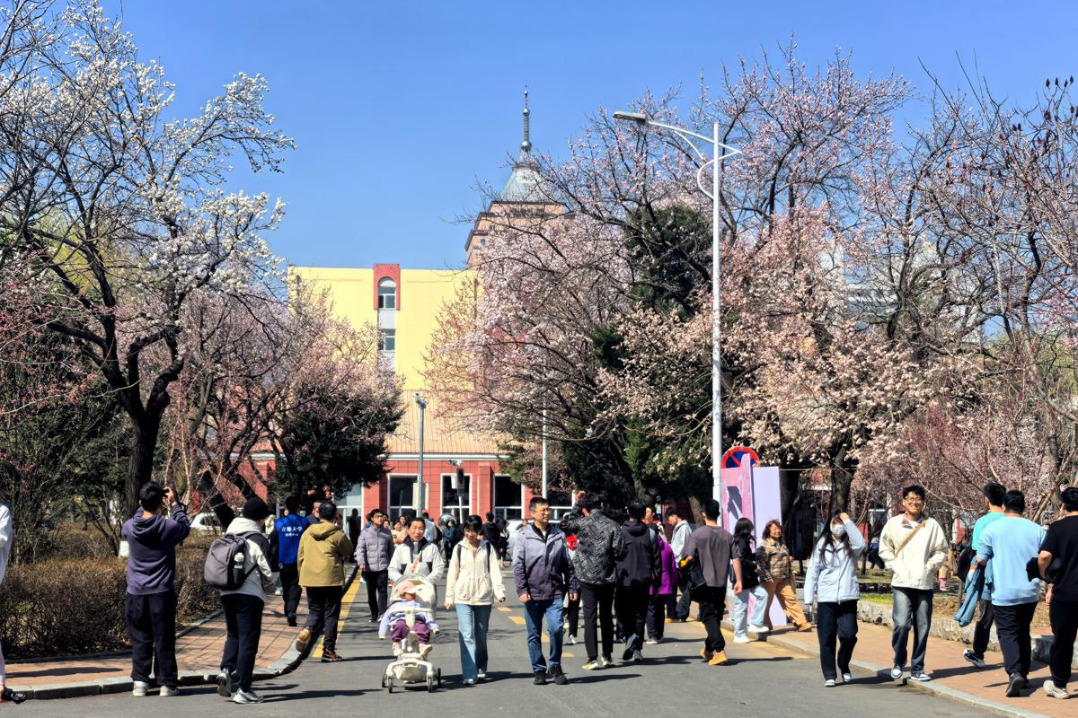Survey finds carnivores thriving in Tibet


Data from images captured along the Nujiang River valley in Dengchen county, Tibet autonomous region, shows that the area is a good ecosystem for at least six types of carnivores, the Shanshui Conservation Center said.
Starting out as a trial project in 2017, the center and the county's forestry and grassland bureau have carried out biodiversity surveys in the valley to investigate the area's ecosystem.
"Since 2018, local Tibetan herders have been trained as ecological monitors, and nearly 50 remote cameras have been placed at strategic points within an area covering more than 1,000 square kilometers along the Nujiang River valley," said Zhao Xiang, director of the center, adding the ecosystem in the area is healthy.
"The captured image data shows that rare species-including the snow leopard, common leopard, Tibetan brown bear, Eurasian lynx, wolf and dhole-have been stable inhabitants of the area.
"Images also show that top predators including snow leopards and common leopards coexist in the same place, which shows that there is enough food in the area to support these large predators."
Zhao added that the surveys have provided important data for studying the coexistence of carnivores against the background of global climate change.
Located in eastern Tibet, Dengchen county's terrain transitions from the northern prairie of Tibet to the Hengduan Mountains, and forms a unique landscape with river valleys, snow-capped mountains, grasslands and glaciers.
To ease the pressure on herders from losing livestock to wild carnivores, the project also pays a subsidy to families to compensate them for their losses.
Yugnyan, a project officer at the center, said it gave 200,000 yuan ($31,000) to people in the county's Puthang village.
"The human-animal conflict insurance fund we spend in Dengchen county is a supplementary subsidy to cases that do not receive compensation from the government livestock insurance policy," he said.
"A single family can apply a maximum of three times a year, and the reimbursement varies from 60 yuan for baby lambs to 800 yuan for adult yaks and horses."
Galuk, a village official in Puthang, said not all families in the village receive reimbursement from the insurance company when their animals are taken by wildlife, and part of the reason is that they live in very remote areas.
"Some villagers fail to send the proposals to the insurance company due to poor traffic or communication, or their proposals get returned," Galuk said.
"Some people do not know how to fill in the application forms to get compensation from the company as they do not know how to read or write."
- Six people drowned in boat accident in Central China
- Zaruhi and Qiangzi: A romance of Silk Road
- China strives to enhance people's work ethics
- Students swap stories at Peking University book fair
- China, GCC hold first forum on peaceful nuclear cooperation
- Beijing film festival's tech section kicks off





































